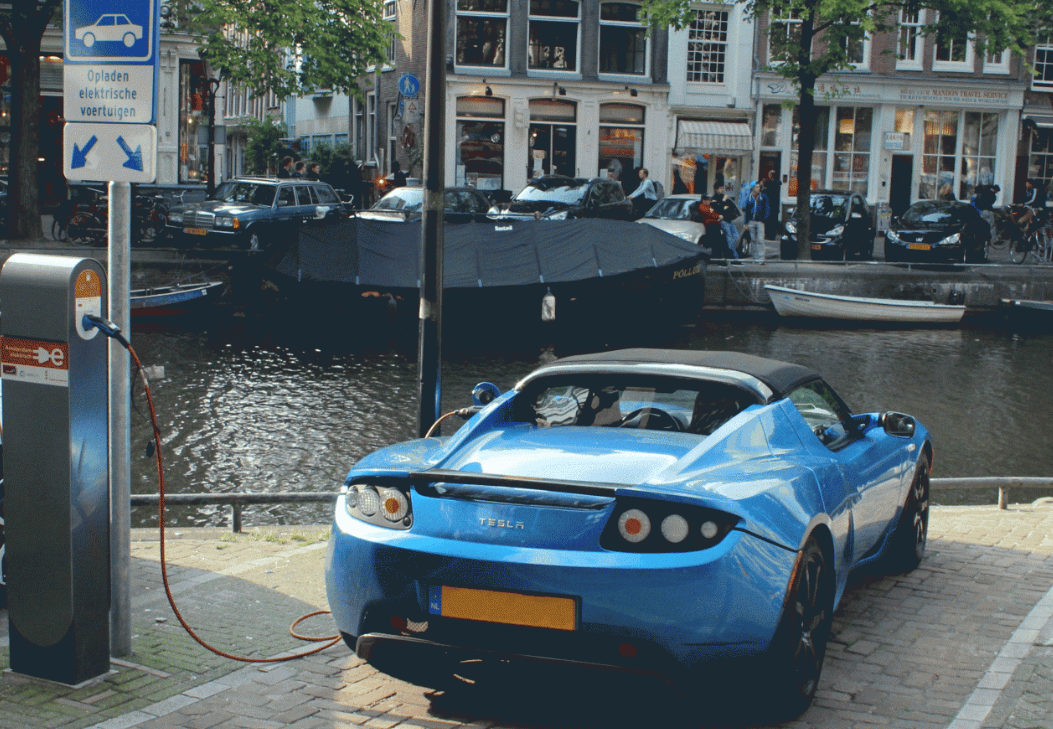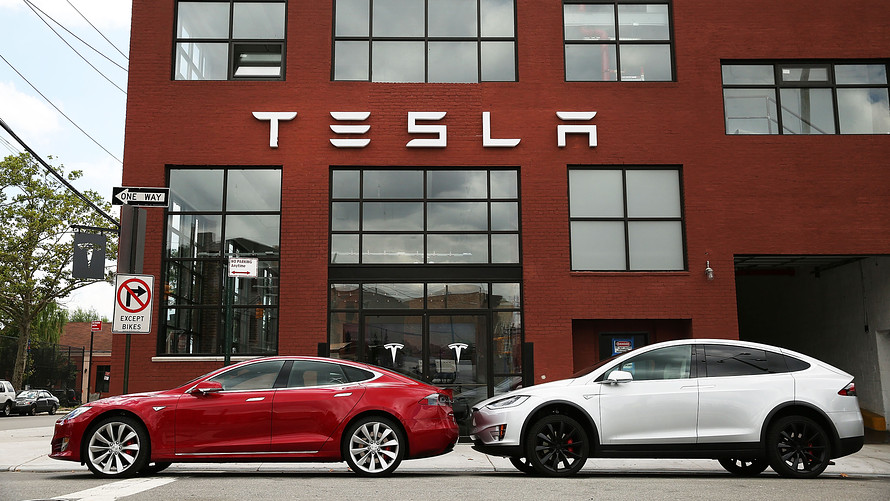As Europe continues on its mission to reduce greenhouse gasses as a whole, one country that has been of focus just recently is The Netherlands with rumors amid that they may be next on the list to ban petrol-fuelled cars. The discussion is set to take place 13th October this year with the Dutch government and parliament. If the proposal is to go ahead, The Netherlands will then join both Norway and Denmark in the banning of diesel and petrol fuelled cars by 2025.
The move followed Germany’s demonstration in May this year when it saw all of the country’s power supplied by renewable energies, such as the wind or solar energy, in one day. Beyond Europe, other countries are also trying to tackle the pollution problems of today too. India and China have both introduced laws that demand residents can only use their cars on alternate days in an attempt to lower emission levels and alleviate some of the rising related health issues.
–
If the ban in The Netherlands does go ahead, it will certainly contribute to the goals set out by the Paris climate change agreement, and there is a lot of support for it. However, there is, of course, opposition, too. But, according to Quartz, electric car sales in the Netherlands have boomed with a record number of sales achieved last December. Norway is also booming in the electric car market, with 50,000 electric cars having been sold, three years ahead of its proposed target.
–
Even though countries like The Netherlands, Denmark, and Norway are doing well regarding reducing carbon dioxide emissions, the same can not be said for all places across the globe. According to India’s chief minister, Arvind Kejriwal Delhi is the equivalent of living in a gas chamber. Some Chinese cities are in a similar state, particularly Beijing, where the number of air monitoring stations is soon to be doubled to assess how bad the air quality within the city is.
More News To Read











